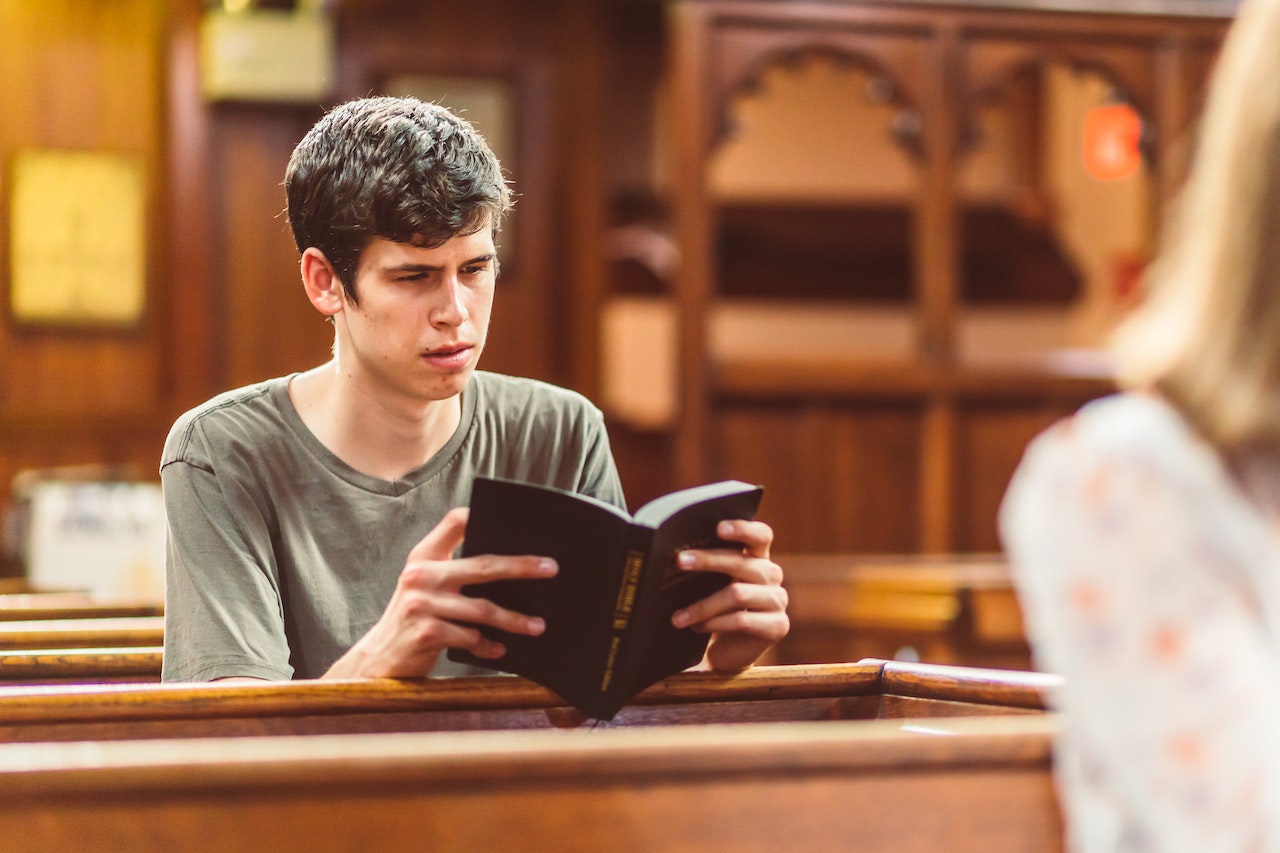Coffee is a popular beverage around the world, and many people enjoy it as part of their daily routine. But for Catholics, the question of whether or not they can drink coffee is a bit more complicated. While there is no official Catholic Church teaching on the matter, there are some guidelines that can help Catholics make an informed decision about whether or not to drink coffee. In this article, we will explore the history of coffee in the Catholic Church, the potential health benefits and risks associated with drinking coffee, and the moral implications of drinking coffee as a Catholic.
Table of Contents
The History of the Catholic Church’s Stance on Coffee Consumption
Coffee has been a part of human culture for centuries, and the Catholic Church has had a long and complicated relationship with it. In the early days of the Church, coffee was seen as a dangerous and sinful drink. It was believed to be a tool of the devil, and it was even banned by Pope Clement VIII in 1600.
However, as time went on, the Church’s stance on coffee began to change. By the mid-1700s, the Church had softened its stance and began to accept coffee as a legitimate beverage. This was largely due to the fact that coffee had become a popular drink in Europe, and the Church wanted to be seen as being in line with popular culture.
In the 1800s, the Church began to actively promote coffee consumption. This was largely due to the fact that coffee was seen as a way to help people stay awake during long church services. The Church also began to recognize the health benefits of coffee, and it began to be seen as a legitimate part of a healthy diet.
Today, the Catholic Church has a much more relaxed attitude towards coffee consumption. While it is still seen as a stimulant and should be consumed in moderation, the Church recognizes that coffee can be enjoyed in moderation as part of a healthy lifestyle. The Church also recognizes the social benefits of coffee, and it encourages people to enjoy it in moderation as part of a balanced diet.
Exploring the Different Types of Coffee and Their Effects on Catholic Drinkers
Coffee is a beloved beverage for many Catholics, and it can be enjoyed in a variety of ways. From espresso to cold brew, there are many different types of coffee that can be enjoyed. Each type of coffee has its own unique flavor and effects on the body, so it’s important to understand the differences between them.
Espresso is a strong, concentrated form of coffee that is made by forcing hot water through finely ground coffee beans. It is usually served in small amounts and is often used as a base for other coffee drinks, such as lattes and cappuccinos. Espresso is known for its intense flavor and high caffeine content, so it’s important to drink it in moderation.
Cold brew is a type of coffee that is made by steeping coffee grounds in cold or room temperature water for an extended period of time. This process results in a smooth, mellow flavor that is less acidic than traditional hot-brewed coffee. Cold brew is also lower in caffeine than other types of coffee, so it’s a great option for those who want to enjoy the flavor of coffee without the jitters.
Pour-over coffee is a method of brewing coffee that involves pouring hot water over freshly ground coffee beans. This method results in a clean, bright flavor that is often described as “cleaner” than other types of coffee. Pour-over coffee is also lower in caffeine than other types of coffee, so it’s a great option for those who want to enjoy the flavor of coffee without the jitters.
No matter which type of coffee you choose, it’s important to remember to drink it in moderation. Too much caffeine can lead to restlessness, anxiety, and other negative side effects. For Catholics, it’s important to remember that moderation is key when it comes to enjoying coffee.
How to Enjoy Coffee as a Catholic: Tips and Tricks
1. Start with a quality cup of coffee. Choose a coffee that is ethically sourced and organic, if possible. This will ensure that you are drinking a cup of coffee that is both delicious and in line with Catholic values.
2. Make sure to take time to savor your coffee. Enjoy the aroma, the flavor, and the warmth of the cup in your hands. This is a great way to take a moment to pause and reflect on the day ahead.
3. Consider adding a bit of cream or milk to your coffee. This will help to balance out the flavor and make it more enjoyable.
4. If you’re feeling adventurous, try adding a bit of cinnamon or nutmeg to your coffee. This will give it a unique flavor and make it even more enjoyable.
5. Consider adding a bit of honey or sugar to your coffee. This will help to sweeten it up and make it even more enjoyable.
6. If you’re feeling extra fancy, try making a latte or cappuccino. This will give you a delicious and creamy cup of coffee that you can enjoy.
7. Finally, remember to thank God for the gift of coffee. Coffee is a blessing and a reminder of God’s goodness. Take a moment to thank Him for it before you enjoy your cup.
Examining the Role of Coffee in Catholic Culture and Traditions
Coffee has been a part of Catholic culture and traditions for centuries. From the earliest days of the Church, coffee has been a staple of religious ceremonies and gatherings. It has been used to mark special occasions, to celebrate holidays, and to bring people together in fellowship.
In the Catholic Church, coffee is often served during Mass. It is a way to bring people together in a shared experience of faith and fellowship. Coffee is also served at other religious ceremonies, such as baptisms, confirmations, and weddings. It is a way to honor the occasion and to bring people together in celebration.
Coffee is also a part of many Catholic traditions. For example, in some countries, it is traditional to serve coffee after a funeral. This is a way to honor the deceased and to bring comfort to those who are grieving. In other countries, coffee is served at wakes and other gatherings to celebrate the life of the deceased.
Coffee is also a part of many Catholic holidays. For example, in some countries, it is traditional to serve coffee during the Christmas season. This is a way to celebrate the birth of Jesus and to bring people together in fellowship. In other countries, coffee is served during Easter to celebrate the resurrection of Jesus.
Coffee is also a part of many Catholic devotional practices. For example, some Catholics will drink coffee while praying the rosary. This is a way to focus their attention on the prayers and to bring comfort and peace to their hearts.
Coffee is an important part of Catholic culture and traditions. It is a way to bring people together in fellowship and to celebrate special occasions. It is also a way to honor the deceased and to bring comfort to those who are grieving. Coffee is a part of many Catholic devotional practices, and it is a way to focus on prayer and to bring peace to the heart.
Conclusion
In conclusion, Catholics are allowed to drink coffee, as long as it is not abused and consumed in moderation. Coffee can be a great way to start the day, but it is important to remember that it should not be used as a crutch or a substitute for proper nutrition. Coffee can be enjoyed in moderation as part of a healthy lifestyle.
For licensing reasons, we must provide the following notice: This content was created in part with the help of an AI.


